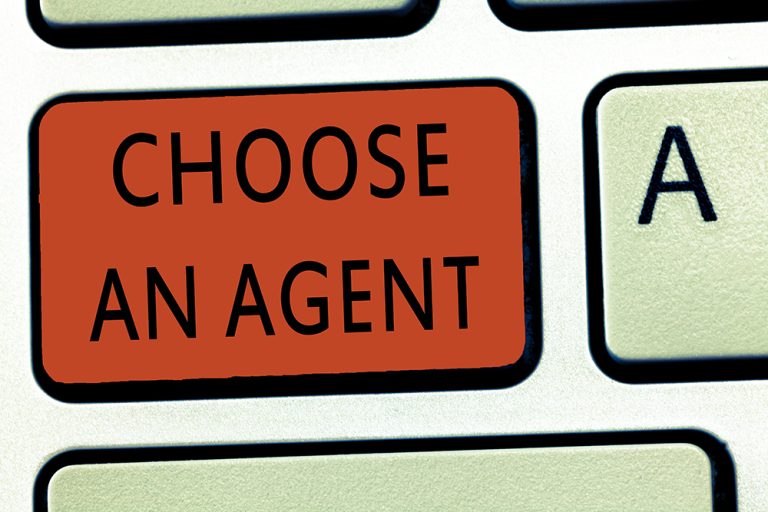Why Sole Proprietors Should Separate Personal and Business Expenses

It is very common for people who are starting a home-based business to use their personal checking accounts and credit cards as funding sources, especially if they choose a sole proprietorship as their business structure. After all, a sole proprietorship is not a separate legal entity, so the business owner is personally responsible for all expenses. However, there are excellent reasons for maintaining complete separation between your personal finances and your home-based business expenses. The division includes using separate bank accounts and credit cards for your personal and business expenses. Even if it is not possible for you to secure accounts in the name of your business, you should dedicate at least one checking account, credit card, or debit card for the exclusive use of your business transactions.
1. Separating expenses allows you to monitor the performance of your business more easily, faster, and in greater detail. When you use one debit card, for example, for both personal and business expenses, you can get an unrealistic picture of how much you are spending on your business. Was the debit card purchase you made at the office supply or craft store related to your child’s school project, raw materials for creating the products you sell, home décor, or printer paper and ink for your business? Chalking everything up to a personal expense can mean that you are missing costs that you could deduct to lower your taxes. It could also mean that you have an inaccurate picture of the profitability of your business because your true expenses are understated.
2. Mingling expenses can increase your personal risks. Suppose you deposit all checks and electronic payments from customers into your personal checking account. You receive a large check from a new customer, deposit it in your account, and the customer’s bank rejects payment of the check due to insufficient funds. The returned check could trigger a cascade of problems if you issued checks between the time you made the deposit and the time that your bank mails you a notice of the return. The checks you wrote for your home’s utility payments, mortgage, car payment or other bills could bounce. Between bank fees and the fees charged by payees you could be out hundreds of dollars, resulting in more bounced checks and associated fees. Although the same scenario could happen with a dedicated business account, the ramifications might not be as critical to the security of your home and family.
3. Financial statements and income tax returns can be more difficult to prepare. Accurate financial statements are important guides for planning budgets, expenditures, and staffing needs. If your reports indicate that your business is more profitable than it really is, you could make commitments that you cannot meet. If your financial reports show that it is less profitable, you might decide to pass up an excellent opportunity for growth. As for income tax returns, you are probably aware that even an innocent mistake can potentially result in penalties, fines, and interest charges.
4. If you plan to secure credit or loans in the name of your business, you will need to prove its viability. Accurate financial statements can go a long way to help you achieve a favorable decision, but you can increase your chances of being approved by having a bank account that supports your financials. It is not realistic to ask loan officers and underwriters to go through a year’s worth of four-page bank statements to identify business income and expenses. Furthermore, by separating your personal and business transactions, you are sending a message that you are serious about the success of your home-based business and have the financial acumen to make it happen.
5. If you operate under a doing-business-as name, customers can be confused when they see a credit card charge that does not conform to the name by which they know your company. The same problem can arise if you accept electronic checks or allow customers to mail their payments. Furthermore, your bank may be reluctant to accept deposits that do not reflect the name on the account.
6. Many credit card issuers and personal banking accounts include a prohibition against using them for business-related purposes. In some instances, using a personal account to purchase items for your business or process payments from your customers could result in the closure of your account. There are still some credit card companies that will demand full payment of an outstanding balance if the account is closed for a violation of the agreement terms. Even PayPal insists that you do not use a personal account for business transactions.
7. Having accounts that reflect your business name enhances your professional image. When all financial transactions are in your name rather than the name of your business, people may not take you seriously. They may assume that you are a hobbyist or an amateur, so they may be more reluctant to trust you with a large order or hire you for a major project.
Keeping your finances separate is not as difficult as you might fear. Here are some tips that might make things easier.
1. Instead of using your home address as your business address, choose an economical service that will provide you with a virtual business address or virtual post office box. You can then use this service to receive your business correspondence, making it easier for you to make sure that you do not miss important mail. At the same time, a virtual address enhances your professional appearance and protects your privacy.
2. Register your DBA name with the appropriate agency in your state. This may be the county assessor, the secretary of state, or another agency. Most banks will require proof of your registration to open accounts in your DBA’s name. If you maintain your DBA account responsibly, your bank may soon approve a credit card in the same name.
3. If you are forced to use the same credit or debit card for a purchase that includes both personal and business expenses, handle your bookkeeping while the transaction is still fresh on your mind. If you use accounting software, enter the details immediately. If you use a bookkeeping service, you can tape the receipt to a piece of paper, draw a line through the personal items, and make notes to identify what you purchased. One simple method is to assign letter codes to the different categories. For example, you could code all materials purchased to make your products with one letter, use a different letter to identify office supplies, and use a third letter to identify items purchased to ship your products to your customers.
4. When shopping at Walmart or a similar store, you may make both personal and business-related purchases. Try to keep them separate in your shopping cart. As you place items on the conveyor belt when you check out, group them accordingly and place a divider between them. You can then pay for each group separately. You can use different payment methods or the same method, but the important thing is to get separate receipts to simplify your bookkeeping.
5. If you have employees or issue 1099s, you probably have an employer identification number that was issued by the IRS. Whenever possible, use your EIN on applications for credit instead of your Social Security number. As a sole proprietor, you will still be liable for debts incurred by your business, but using an EIN helps clarify the line of separation and may help you build an independent credit file.



